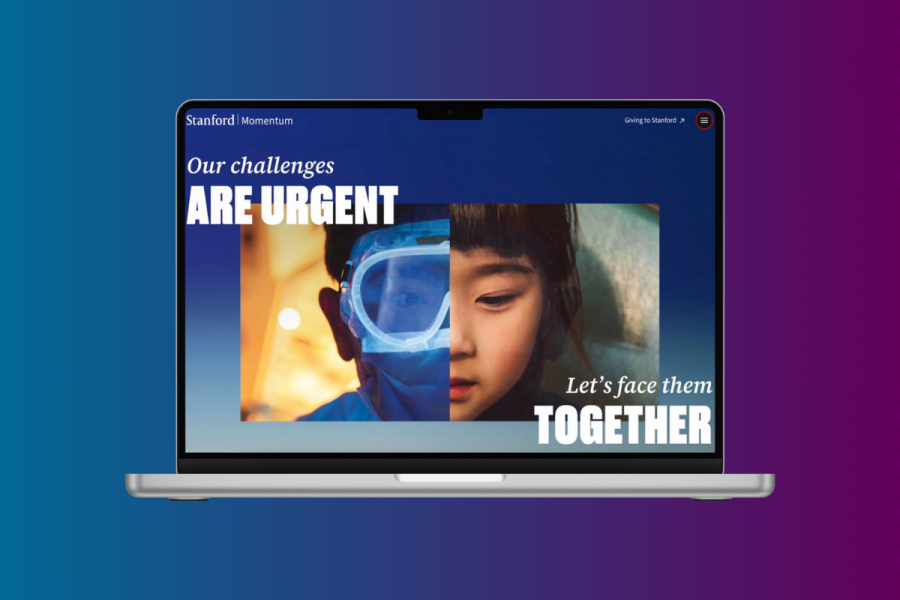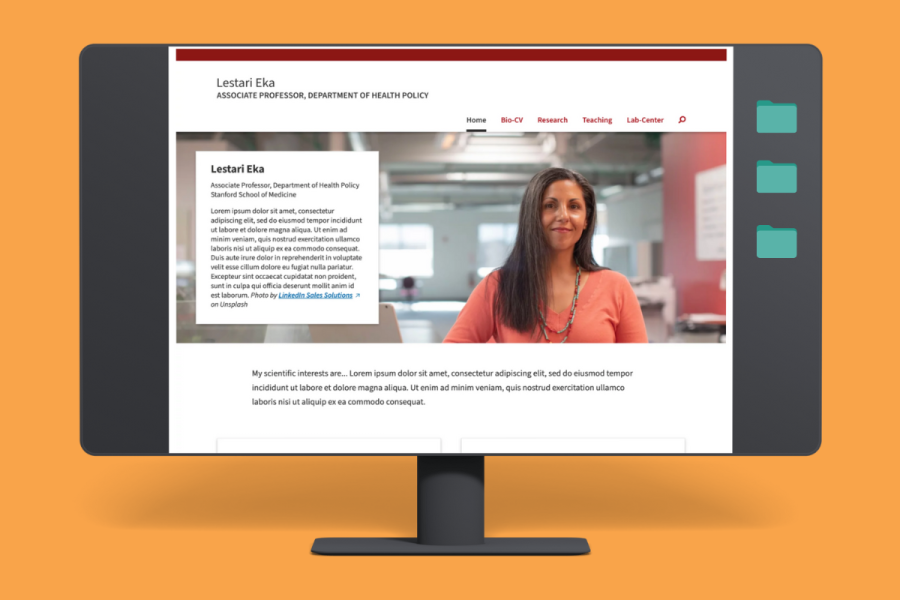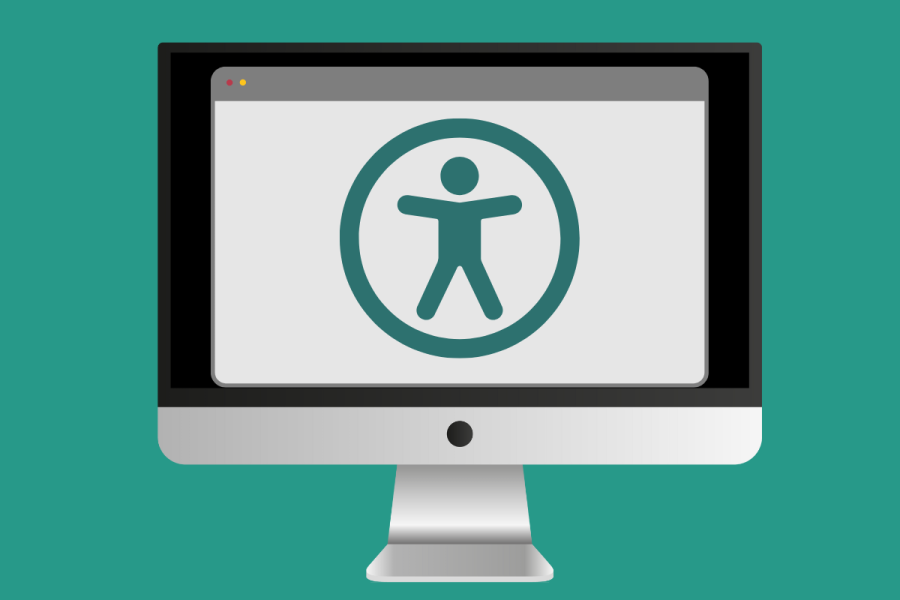Starting Jan. 22, 2025, guest members will need to use two-factor authentication (2FA) to log in to Stanford Slack. This new step will reduce the risk of unauthorized access to further protect our entire Slack community.
Who is affected?
The 2FA requirement only applies to single- and multi-channel guests who currently sign in to Stanford Slack using just an email and password.
There is no change for those who sign in using their SUNet ID or Stanford single sign-on. In addition, those who sign in using Apple or Google can continue to do so.
Setting up 2FA for guests
If they haven’t already configured 2FA, guests will get a prompt the first time they log into Stanford Slack after Jan. 22, 2025. Once 2FA is set up, signing in will require a password plus an authentication code.
- Guests must use their mobile device to get their authentication code — via their choice of SMS text message or an authentication app like Google Authenticator, Duo Mobile, or Microsoft Authenticator.
- For step-by-step instructions on how to set up 2FA, visit Slack’s help site.
Slack Connect is the best option for external collaboration
If you work with external collaborators, Slack Connect is a more modern solution and generally a better way to go.
Slack Connect lets you work with external partners just as you would with Stanford colleagues — in a channel or through DMs—without adding them to your workspace. This feature is available to all Slack users, including those on the free plan.
To manage Slack Connect, hover over ***More on the left side panel, then click External connections. From there, you can create a shared channel and invite others.
- You can collaborate with up to 200 different organizations in a single channel.
- If more than one person from an organization receives an invitation, only one of them needs to accept it.
- Each workspace takes care of its own membership and user authentication, which simplifies administrative tasks on your end.
To help you stay organized, channels or DMs using Slack Connect are automatically sorted into a sidebar section called “External Connections.”
If you’re curious to learn more, explore Slack's Slack Connect guide.
Questions
If you have a question, please submit a Help request to the Slack team.
Resources
- Learn how to use Slack Connect
- Learn how to set up two-factor authentication (for Slack guests)



